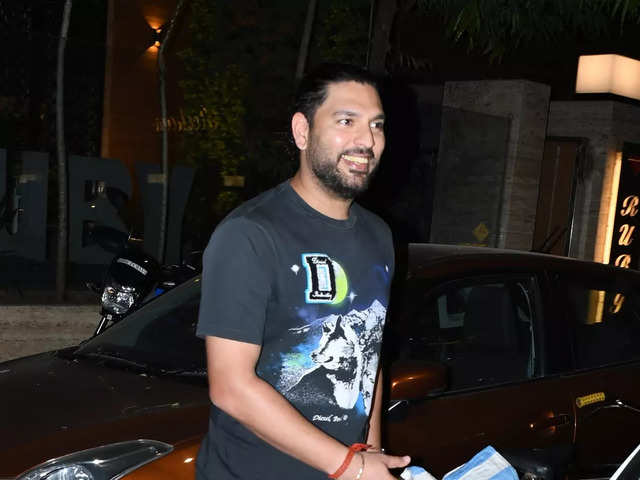
Radio Mirchi has now been rebranded to MirchiBI India
Prashant Panday walks us through what Radio Mirchi's rebranding to Mirchi means for the organization
Dec 3, 2020, 17:58 IST
media
As Radio Mirchi rebrands to Mirchi, Prashant Panday walks us through the brand's transformation
Dec 3, 2020, 17:58 IST
Prashant Panday walks us through what Radio Mirchi's rebranding to Mirchi means for the organization
Radio Mirchi will now be called Mirchi, with an aim to tell people that ENIL's business has now gone beyond just radio.- Over the years, Radio
Mirchi has diversified its offerings across music, video, filmed entertainment, social media, live events, storytelling, podcasts and original content. Prashant Panday , MD & CEO, ENIL talks to us to help us understand the brand's journey, its gradual transformation over the years and what thisrebranding will entail.
The company is launching their new brand identity, signifying the diversification of its business. It wants to be identified as an entertainment company owing to its offerings rather than a radio company. The master brand Mirchi will encompass all its businesses including radio as a sub-brand - Mirchi 98.3FM, Mirchi Originals (original content), Mirchi Play (digital),
To understand what this transformation means for the brand and the organization, we caught up with Prashant Panday, MD & CEO, ENIL to understand the need for the rebranding, and what it will entail.
While ENIL’s core business lies in radio, over the years, it has diversified its offerings. Today, about 34% of its revenue comes from its “solutions” business, which is where the organization makes use of its different offerings, be it activation, through original content, its digital platforms, to give brands a solution to their problems. While most of the planning is done in-house, the final execution is outsourced to specialized people.
It was therefore critical for the organization to communicate the fact that while its core is in Radio, it is also a diversified media and entertainment content company.
“The radio business is what has actually gotten us here and remains core to the company. It will continue to remain core even 5 years from now. When I say core, it means that's where most people in the company are currently employed, and will continue to remain employed,” he shared.
Currently, the organization has around 650 people in the radio part of the business and another 150 people in the non-radio businesses. Panday is however confident that the non-radio business will see the number swelling from the current 150 to about 500-600 in the next 4-5 years.
He also feels that the revenue coming in from the non-radio businesses will increase substantially in the coming years. “Right now, the radio and non-radio revenue divide is around 66% and 34% respectively. We feel that in 4-5 years, this will become 50-50. So if you were to see ENIL 5 years from now, you would find a company rooted in radio but also doing a lot more. So, the transformation takes shape in terms of the number of people working the businesses and the revenue profile of the company. And if I were to extend the logic to the profit profile of the company, you'll again realize that a lot of the contribution of the profits will also come from the non-radio businesses. So that's what the transformation is all about,” he explained.
What will the transformation entail?
Panday stressed on the fact that the work ENIL has been in the entertainment business for the longest time. “But when you are called Radio Mirchi, people just put you down as just a radio company,” he said.
So, to bring about the change in how the company is perceived, there are a few subtle changes being made. “First, we are dropping the word Radio and the brand will be called Mirchi. The radio business will now be called Mirchi Radio. The other businesses similarly will be called Mirchi Online, Mirchi Live etc,” shared Panday.
Radio Mirchi has also always been recognized by its tagline Radio Mirchi,
Communicating the change to consumers
While the transformation will be visually manifested through the new brand logo, how else will the brand communicate the change to its consumers?
“We have two kinds of audiences – our listeners and consumers and then our B2B audience, which is clients and advertisers. We have plans to reach out to both. But the thing also is, we have already reached out to a lot of people. On the radio business, we have a weekly reach of about 40 million people and I would imagine our MAU is around 55 million people. On the digital side, we believe we’re crossing 60 million people. So assuming that they reach out to 100-120 million people already, we have enough captive power in-house to communicate what we are trying to do over here. And of course, we also will be using external media to communicate this. But our objective isn’t to shout out to the world and that we are different. What we’re trying to do is make people experience the difference. And that's what we will try to do,” he shared.
INSIDER INTELLIGENCE REPORTS







